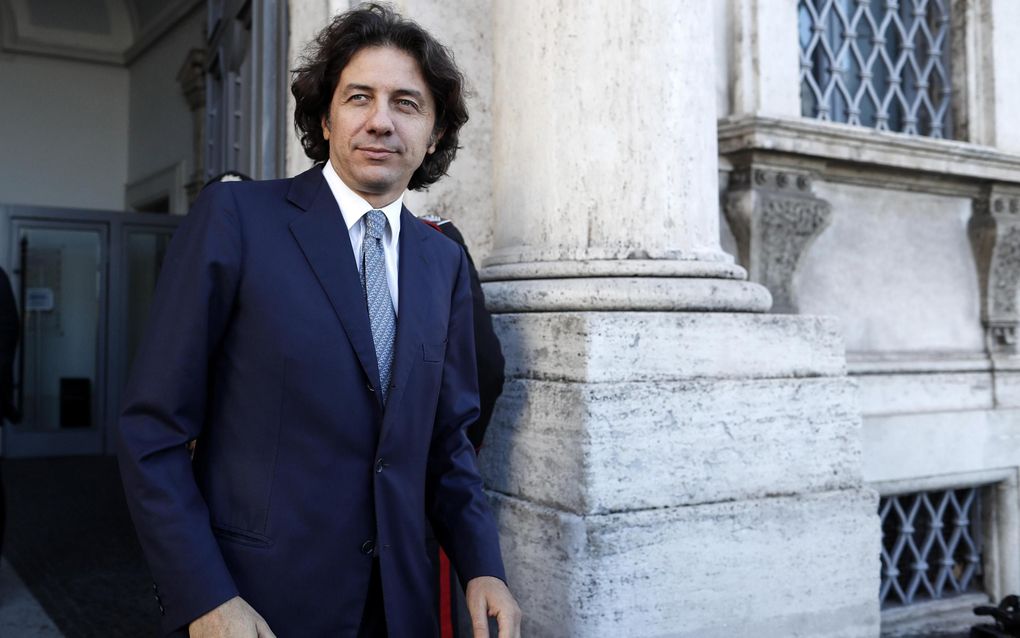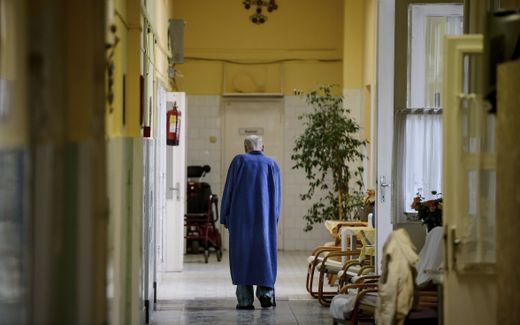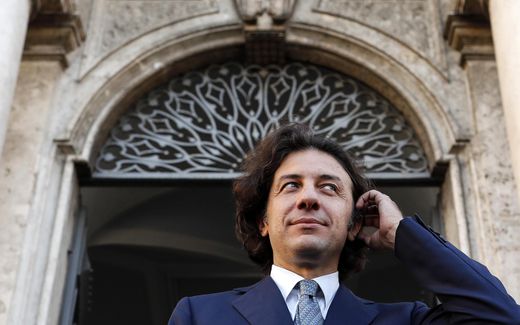Assisted suicide continues to cause legal headaches in Italy

Italian right-to-die activist Marco Cappato at the end of the public hearing of the Constitutional Court on the constitutionality of aid for suicide, in Rome. Photo EPA, Riccardo Antimiani
Southern Europe
Debates concerning assisted suicide continue to rage in Italy. Contrary to other European nations, assisted suicide remains a crime there – at least on paper.
Last week, the Italian Constitutional Court was faced with the difficult question of assisted suicide once more. The court affirmed that the only guideline available to judge such matter remains verdict 242, pronounced in 2019, which, for the first time in Italian history, allowed for assisted suicide to be performed on Italian grounds upon certain specific conditions.
The case that the court had to deal with concerns a 44-year-old man named Massimiliano. He suffered from multiple sclerosis, which he deemed irreversible. However, it was illegal for him to receive assistance with his suicide in Italy. Several activists “came to his rescue”, including Felicetta Maltese, the philosopher Chiara Lalli and the well-known politician Marco Cappato. Together, they decided to bring Massimiliano to Switzerland, where it is legally easier to obtain such assistance. There, Massimiliano died in December 2022. Upon their return to Italy, Maltese, Lalli, and Cappato reported their actions to the police.
Debate
It is not the first time that Marco Cappato has been involved in helping people to obtain assistance for committing suicide in Switzerland. This Milanese activist is known as one of the main promoters of legalising assisted suicide. His campaign received much publicity in 2017 when he chose to accompany the well-known artist DJ Fabo (Fabiano Antonani) to receive such assistance in Zürich (Switzerland) after a car accident had left him blind and quadriplegic. After his return to Italy, Cappato reported his actions to the police, just as he did again in the case of Massimiliano. The objective is obviously to provoke debate about a change in the law.
The case of DJ Fabo was taken up by the Constitutional Court, whose role is to evaluate whether a law is in line with the Italian Constitution adopted in 1948. In 2019, it pronounced the ground-breaking verdict: The law condemning assisted suicide was now judged as unconstitutional. The official verdict (verdict 242) affirmed that assistance for suicide should be granted on Italian territory under the following conditions:
The applicant must be affected by “irreversible pathology”;
The applicant must be affected by “physical or psychological sufferings that he deems absolutely intolerable”;
The applicant must be kept alive through means of treatment or life support;
The applicant must be able to make free and conscious decisions.
Grey zone
The Constitutional Court required the government to work on a new law that would be in line with the verdict. But in spite of this, no changes have been brought to the law to this day. So, in the current prosecution, Massimiliano’s three helpers ought to be judged according to the same verdict 242. In the meantime, Marco Cappato continues his assistance activities.
The current legal grey zone has already opened the doors for assisted suicide to be performed on Italian grounds. The first case was recorded in the Marche region on June 16th, 2022. The position of the Constitutional Court, combined with Cappato’s acquittal, will probably motivate others to follow the same path. The general opinion toward assisted suicide is not changing as quickly as in other European nations. However, the public seems to be returning to pagan Roman culture when philosopher Seneca said: “The prospect of death is a consolation to me, and the only remedy against the injuries of life.”
The religious grounds of assisted suicide
The Constitutional Court is an organ of the Italian legal apparatus which judges whether a law complies with the Constitution. On its official website, the court claims to be an organ of “justice.” Yet, there cannot be justice without a common understanding of right and wrong. What are the assumptions behind the above-mentioned verdict 242?
Firstly, there is the belief that a man is sovereign over his own life. Secondly, it is believed that a man’s decision to end his life does not influence his after-life. And thirdly, claiming that a pathology is irreversible rests on the assumption that man can predict the future. All these faith claims belong to the belief system called humanism, i.e. the belief that man alone define reality.
The Christian perspective on assisted suicide rests on radically different premises. Firstly, it acknowledges that God is the Creator of and Sovereign over mankind. To him, the right to decide when a man ought to die belongs. Secondly, it acknowledges that God gave his law to mankind and that the Sixth Commandment (Thou shalt not kill) is applicable to suicide as well (e.g. King Saul’s suicide). Thirdly, extreme suffering is not a valid reason for ending one’s life (e.g. Job). And finally, the Bible announces that there is a second death, a death that leads to the eternal suffering of hell. According to the Bible, unrepentant murderers are heading to such a death (see Rev. 21:8). Because of these points, Christianity condemns assisted suicide as murder.
Related Articles








